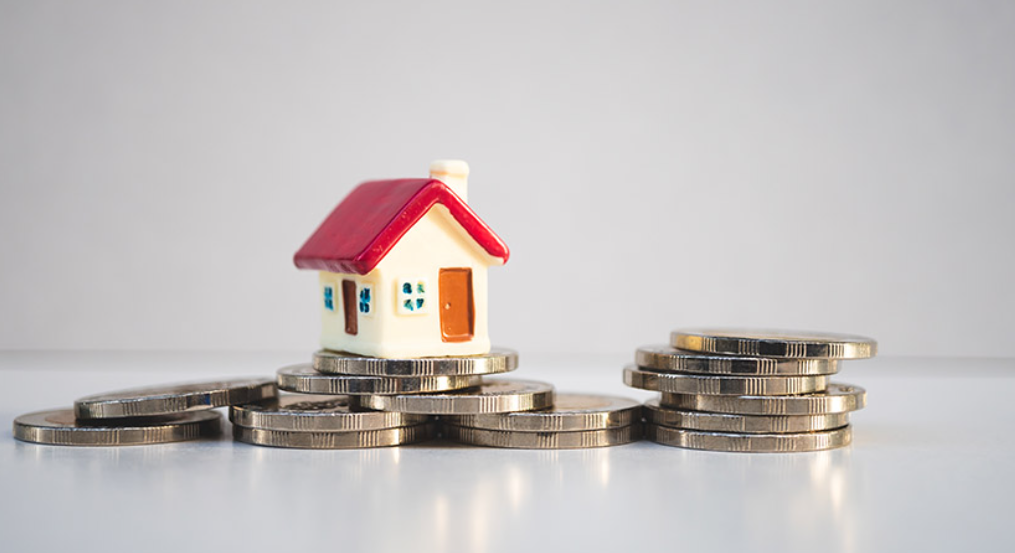Mortgage holders could be asked to pay over $1,000 more per month due to rising interest rates.
After the Reserve Bank (RBA) kicked off its rate hiking cycle with a 25-basis point lift to 0.35 per cent, new borrowers could be facing an increase in mortgage costs of more than $1,000 per month.
Assuming a current variable mortgage rate of 2.49 per cent and monthly P&I loan repayments over 30 years, and taking into consideration the national median house price and an 80 per cent LVR, CoreLogic has placed mortgage costs for new owner occupiers at $2,363 per month.
With this as its starting point, the researcher calculated that a 100-basis point rise would result in an extra repayment of $323 per month, while a rise of 200 basis points would inflict an additional $668 payment on borrowers.
Under the same scenario but based on Sydney’s median dwelling value, new borrowers would be forced to pay $486 more per month following a 100-basis point rise and $1,006 more after a rise of 200 basis points.
Meanwhile, using the median house price for the combined capital cities, monthly repayments would rise by $357 for a 100-basis point increase and $738 under a lift of 200 basis points.
“Higher interest rates are set to add to the downwards pressure on housing growth rates, which were already losing steam or – as in the case of Sydney and Melbourne – trending into negative territory due to factors including affordability constraints, higher fixed term mortgage rates and lower levels of consumer sentiment,” commented CoreLogic research director Tim Lawless.
“As the cash rate normalises, we can expect housing markets to lose further momentum. A higher cash rate implies higher variable mortgage rates, a reduction in borrowing capacity and tighter serviceability assessments for prospective borrowers.”
The RBA had held the cash rate target at a record low of 0.1 per cent since November 2020, with May’s lift being the first hike for the central bank since November 2010.
“The low interest rate setting coincided with surging housing values; between November 2020 and April 2022 national housing values have increased by 27.0 per cent, adding approximately $159,300 to the median value of an Australian dwelling,” said Mr Lawless.
The extent of any future downturn in the housing market, Mr Lawless suggested, would depend on how high and fast rates rise as well as a range of other factors.
“Labour markets are currently showing the lowest unemployment rate since the mid-1970s, and conditions are set to tighten further. Such a low unemployment rate, along with an expectation for higher income growth, should keep mortgage distress and forced sales at relatively low levels,” he said.
Mr Lawless highlighted the RBA’s latest financial stability review that indicated the median repayment buffer for owner occupiers with a variable rate loan had reached 21 months of scheduled repayments in February, up from 10 months at the start of the pandemic.
“Even with a two-percentage point rise in mortgage rates, the median repayment buffer would reduce back to 19 months, which is still substantial. With the median household well ahead of their mortgage repayment schedule, the risk of households falling behind on their mortgage is reduced,” he said.
Mortgage serviceability assessments, which have checked the ability of new borrowers to meet loan repayments at a rate 3 per cent above the loan product rate since October last year and 2.5 per cent beforehand, will also help to minimise mortgage stress, according to Mr Lawless.
“The recent rise in fixed term mortgage lending is another factor helping to insulate home owners from higher interest rates,” he added.
“Through the middle of last year, 45 per cent of housing loans were funded on fixed rate terms, temporarily shielding those borrowers from rate hikes. While they will need to refinance down the track, by that time labour markets are likely to have tightened further and income growth picked up.”
We can assist you to determine what will work best for you and start planning for the lifestyle you want in retirement. Give us a call at 08 8211 7180 or send us an email at info@centramoney.com.au.
Article courtesy of Nestegg.

